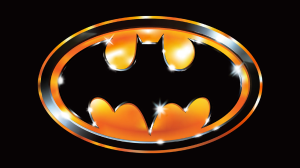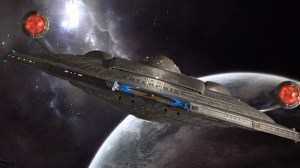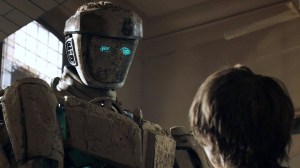The WrestleMania VII angle between Hulk Hogan and Sgt. Slaughter remains one of the more controversial storylines WrestleMania history. The year was 1991, and Slaughter had been turned into a heel while stating he was an Iraqi sympathizer during the Gulf War. He eventually dropped the WWF Championship to Hogan at Mania and quickly turned back into a babyface. To this day, many fans still see tying a wrestler’s persona into an actual, ongoing war as tasteless.
Videos by ComicBook.com
On a new episode of Something to Wrestling, Bruce Prichard (who was with WWE in ’91 and is now the executive director of both Monday Night Raw and Friday Night SmackDown) openly admitted he wouldn’t do the angle now with the benefit of hindsight.
“First of all, having to do it all over again in hindsight being 20/20, we wouldn’t have done it and it was timely and it was, you know, in many ways formulaic in how we had presented storylines before,” Prichard said [h/t Fightful] “[Displaying] what was going on in the world and in being able to take conflict in the world and bring the conflict into the ring in a storyline that hopefully will make sense and this was probably just a little too soon, a little too close to home, and I don’t think that anyone ever really thought that until this weekend that we were actually going to have a full conflict and go to war. It was you out there and everybody was watching what’s going on in Iraq but you think that — you hear the s— all the time, but there’s no big, major war and then this one turned into that major war that people haven’t been apart of in many many years and I think that it just affected the psyche of the country.
“You look at Japanese wrestling and where Japanese wrestling really took off is when they started bringing Americans in to be the villains, to be the heels. ‘Here are these bad guys that came over after Pearl Harbor and leveled cities,’ so let’s bring them in and portray them as nasty people, forgetting that they bombed Pearl Harbor first. So, it was both sides. Both sides absolutely sensationalized it and that was part of entertainment and when talent would go to go to Germany and work in Germany, that’s how a lot of guys got heat. I’m not saying it was right and in hindsight, it was just downright wrong but it was a completely different time.”








